
Lauren Jones
Lauren is a qualified teacher and writer with an academic background in theatre (Shakespeare), folklore, and creative writing. She is also a travel writer and guide. Together with her husband she curates the travel website www.twohumansandadog.com. Lauren writes, explores, and teaches full time, always looking for the next adventure.
Articles by Lauren Jones
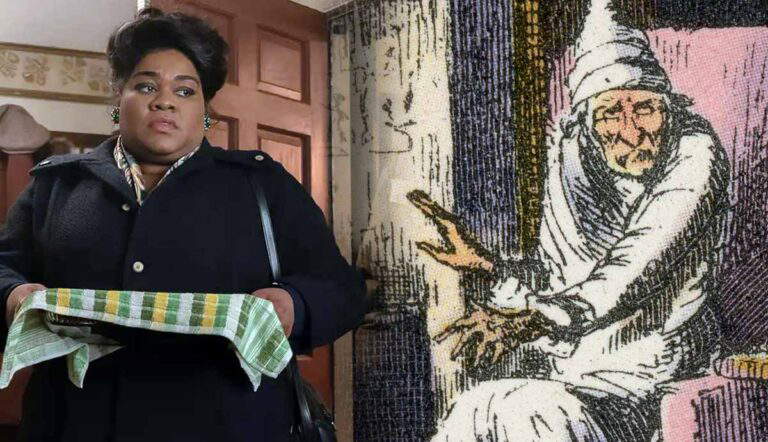 How the “Holdovers” Reshapes the Dickensian Archetype of Christmas Redemption
How the “Holdovers” Reshapes the Dickensian Archetype of Christmas RedemptionCharles Dickens’s "A Christmas Carol" created the archetype of a redemption tale rooted in Christmas. Alexander Payne’s 2023 film "The Holdovers" reimagines this theme.
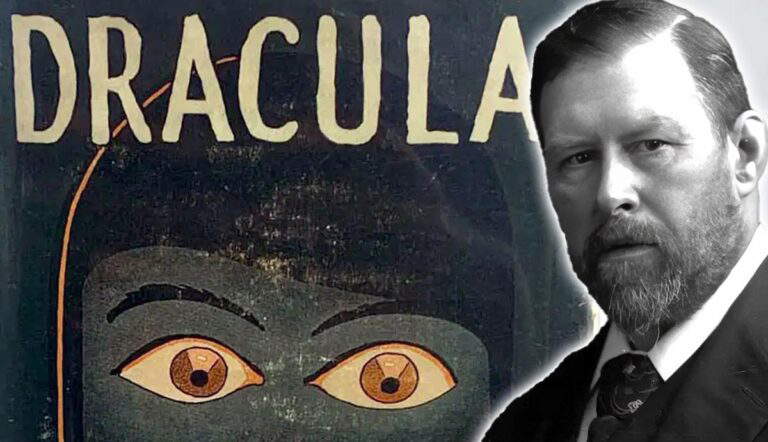 What Inspired the Creation of Bram Stoker’s Dracula?
What Inspired the Creation of Bram Stoker’s Dracula?Now one of the most influential works of Gothic literature, Dracula was created after extensive research and a lot of inspiration by Bram Stoker.
Now one of the most influential works of Gothic literature, Dracula was created after extensive research and a lot of inspiration by Bram Stoker.
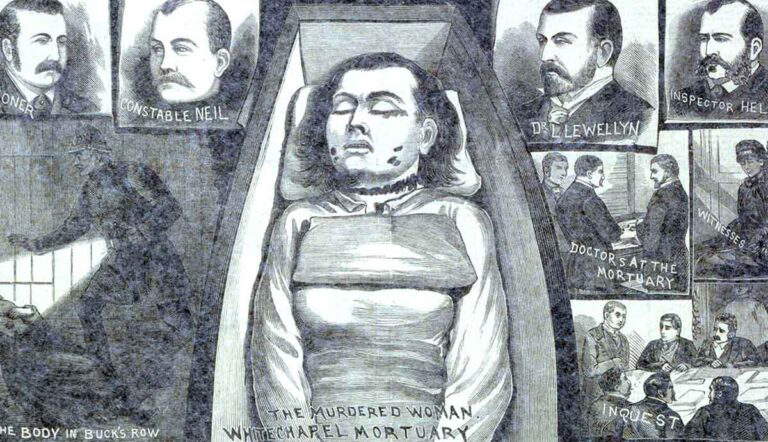 Why Does Jack the Ripper Still Haunt Our Cultural Imagination?
Why Does Jack the Ripper Still Haunt Our Cultural Imagination?In 1888, five women were murdered in London’s Whitechapel district by an unknown killer dubbed Jack the Ripper. Since then, the case has inspired over 100 non-fiction books and countless cultural retellings.
In 1888, five women were murdered in London’s Whitechapel district by an unknown killer dubbed Jack the Ripper. Since then, the case has inspired over 100 non-fiction books and countless cultural retellings.
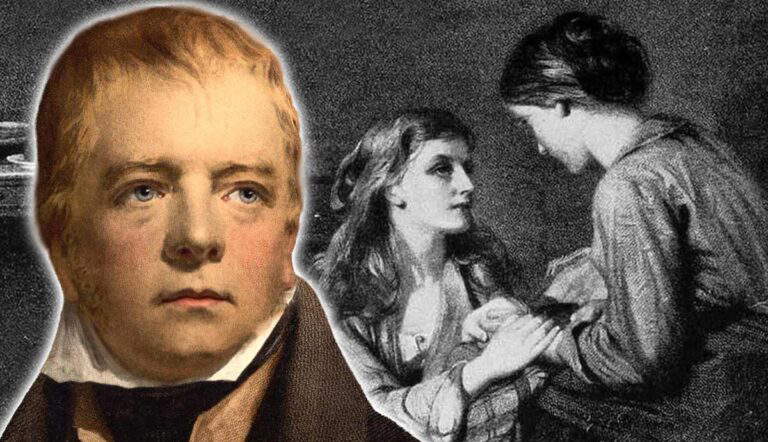 How Sir Walter Scott Turned History into Fiction
How Sir Walter Scott Turned History into FictionSir Walter Scott’s (1771–1832) lasting legacy as a pioneer of historical fiction was founded on the range of rich historical novels he created covering diverse subjects from Scottish clan politics to medieval chivalric tales.
Sir Walter Scott’s (1771–1832) lasting legacy as a pioneer of historical fiction was founded on the range of rich historical novels he created covering diverse subjects from Scottish clan politics to medieval chivalric tales.
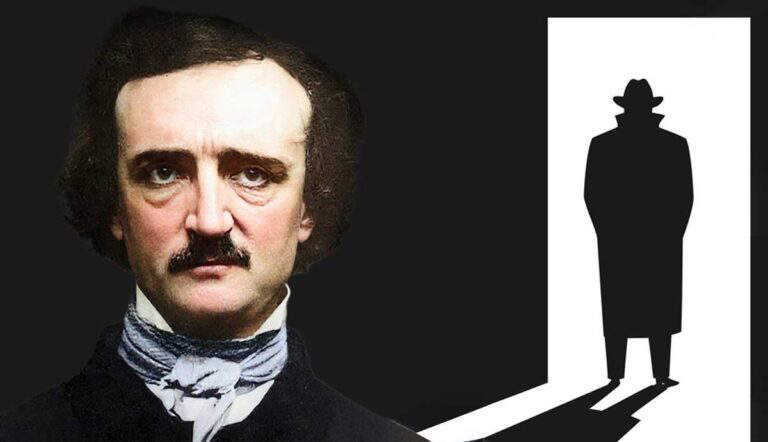 Did Edgar Allan Poe Invent the Modern Detective Story?
Did Edgar Allan Poe Invent the Modern Detective Story?Though best known for his chilling Gothic tales like The Tell-Tale Heart (1843), Edgar Allan Poe also pioneered the modern detective story with his creation of C. Auguste Dupin, whose logical sleuthing shaped one of the genre’s core conventions.
Though best known for his chilling Gothic tales like The Tell-Tale Heart (1843), Edgar Allan Poe also pioneered the modern detective story with his creation of C. Auguste Dupin, whose logical sleuthing shaped one of the genre’s core conventions.
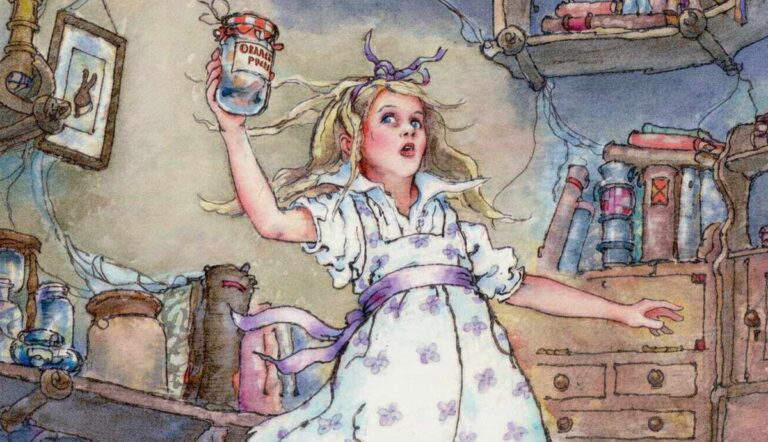 What Is the Plot of Lewis Carroll’s Alice in Wonderland?
What Is the Plot of Lewis Carroll’s Alice in Wonderland?Lewis Carroll’s beloved 1865 children’s book Alice in Wonderland has been adapted repeatedly for film and stage. The original plot explores the collapse of logic, authority, and identity, culminating in her self-realization and return home.
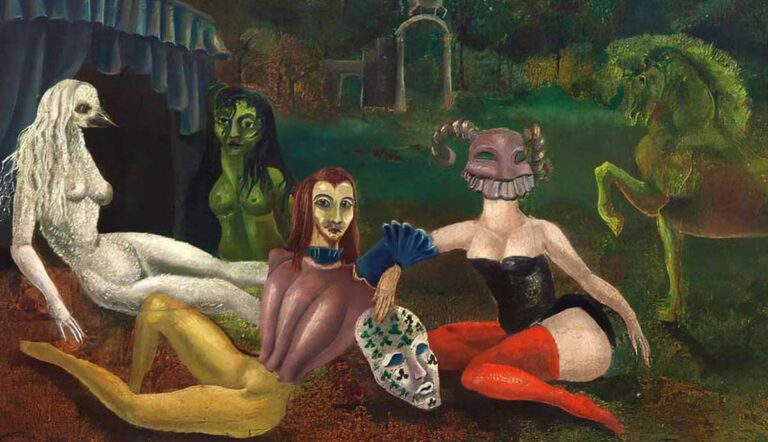 How Did Alice Become a Symbol of Surrealism and Feminist Reimagination?
How Did Alice Become a Symbol of Surrealism and Feminist Reimagination?Published in 1865, Lewis Carroll’s Alice’s Adventures in Wonderland unleashed a nonsensical world that challenged Victorian norms and introduced readers to an enigmatic heroine: Alice.
Published in 1865, Lewis Carroll’s Alice’s Adventures in Wonderland unleashed a nonsensical world that challenged Victorian norms and introduced readers to an enigmatic heroine: Alice.
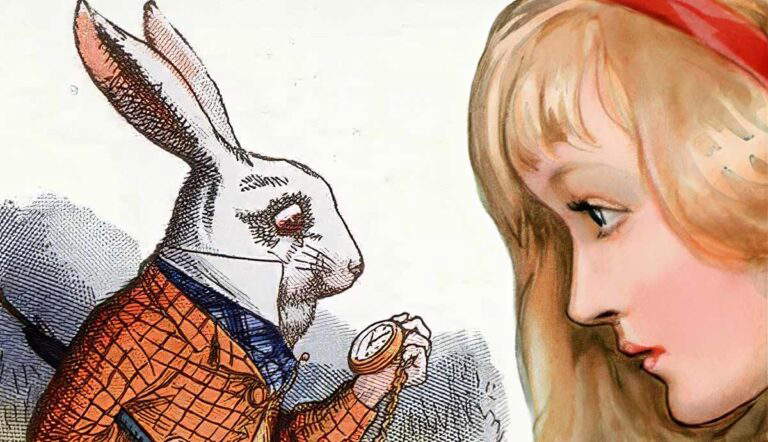 What Is the Symbolism of the White Rabbit in Alice in Wonderland?
What Is the Symbolism of the White Rabbit in Alice in Wonderland?Many of Lewis Carroll’s characters have been analyzed as symbolic, and one of the most captivating is the time-obsessed White Rabbit, whose sudden appearance in Alice’s world serves as the catalyst for her extraordinary adventures.
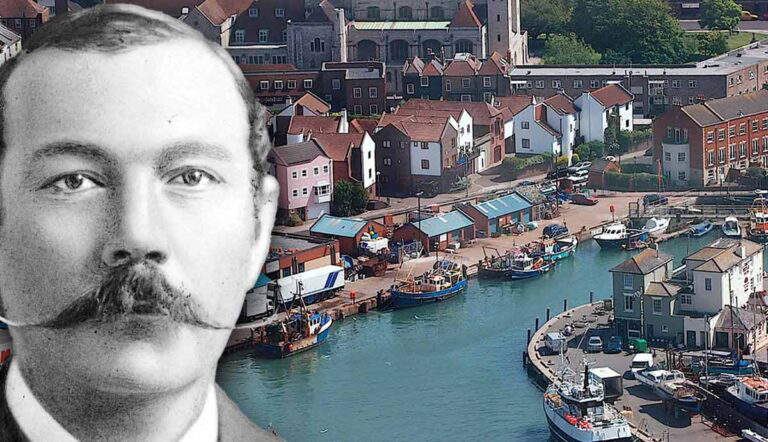 What Literary Authors Are Connected to Portsmouth, UK?
What Literary Authors Are Connected to Portsmouth, UK?The south coast island city of Portsmouth, UK boasts a rich literary heritage.
The south coast island city of Portsmouth, UK boasts a rich literary heritage.
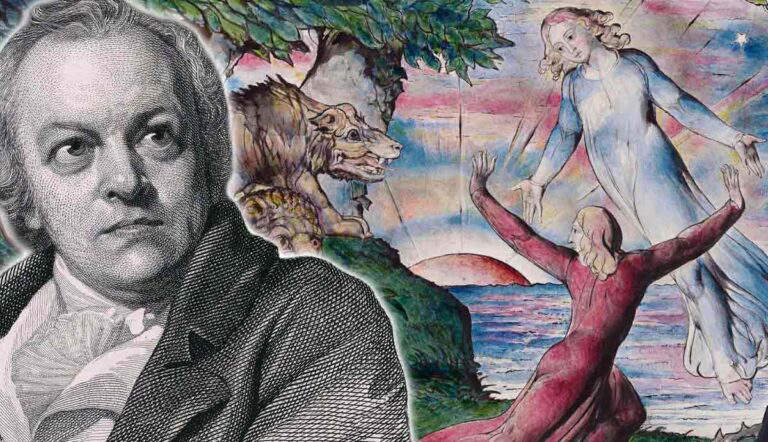 What Were William Blake’s Greatest Achievements?
What Were William Blake’s Greatest Achievements?William Blake was a visionary poet and artist whose mystical beliefs and radical politics shaped his illuminated works; he is now celebrated for fusing imagination with defiance, and for inspiring generations through works like Jerusalem.
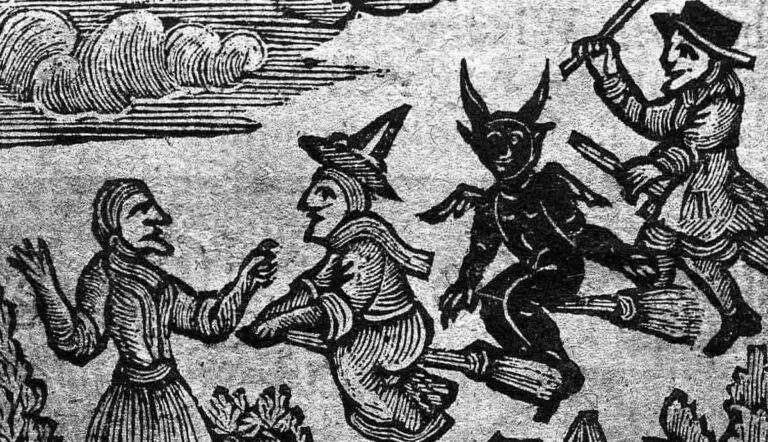 Who Was the Last Person Convicted of Witchcraft in England?
Who Was the Last Person Convicted of Witchcraft in England?The Witchcraft Act may conjure thoughts of Salem, Macbeth and sinister women on broomsticks, however the last woman in England convicted under the act was shockingly recent.
The Witchcraft Act may conjure thoughts of Salem, Macbeth and sinister women on broomsticks, however the last woman in England convicted under the act was shockingly recent.
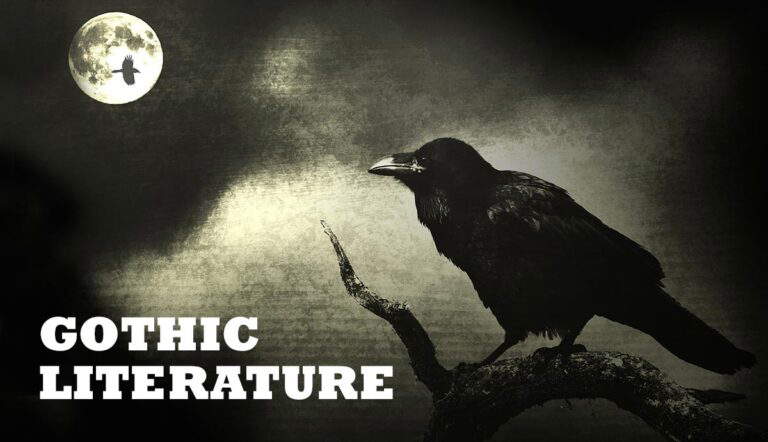 A Beginner’s Guide to Gothic Literature
A Beginner’s Guide to Gothic LiteratureGothic literature began as a reaction to the Enlightenment and was influenced by medieval architecture. This article explores the origins of the Gothic literary genre.
Gothic literature began as a reaction to the Enlightenment and was influenced by medieval architecture. This article explores the origins of the Gothic literary genre.